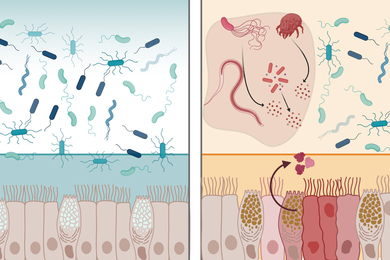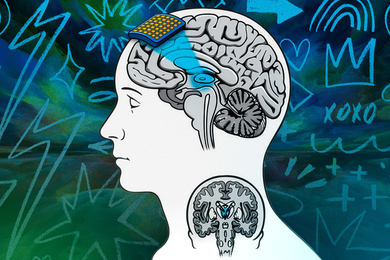An MIT center for developing the "bar code of the future" has established a sister institution in Europe based at the University of Cambridge.
Electronic product coding (ePC) will allow individual identification of products from manufacture through consumer use. "The ePC system will be the next generation of today's Universal Product Code (UPC), or bar code," said Kevin Ashton, director of MIT's Auto-ID Center. Research into the ePC system has been underway at the center since 1999.
The new system will be applied to almost any manufactured item, from foodstuffs to washing machines. Each product will in effect carry its own unique "messages" around with it in the form of an embedded chip. For example, a carton of spaghetti could "tell" a truck to deliver it, "tell" a shop that it had been bought, and then "tell" a microwave how to cook it.
"'Intelligent' and fully traceable products could become a low cost reality within the next few years," said Mr. Ashton.
Now the Auto-ID Center has announced its first global partnership, with the University of Cambridge's Institute for Manufacturing (IfM).The MIT team will continue to develop the infrastructure required for international operation of the ePC system, while the team in the United Kingdom, led by Duncan McFarlane, will address systems specification and applications.
The Auto-ID Center is supported by the Uniform Code Council and EAN International, and companies such as Proctor and Gamble, Gillette, International paper, Sun Microsystems and Invensys.
For more information, go to Auto-ID Center web site.
A version of this article appeared in MIT Tech Talk on January 24, 2001.





